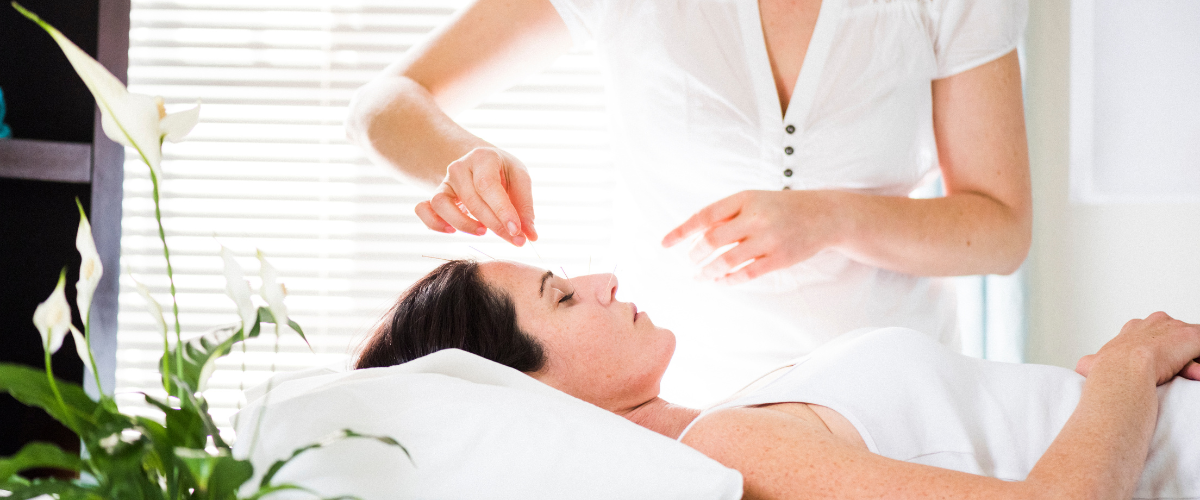Many expectant mothers experience lower back pain during pregnancy, especially as they approach their due date. At 37 weeks pregnant, lower back pain can become particularly bothersome and can make it difficult to perform daily activities comfortably. While there are several remedies available for alleviating this discomfort, one often overlooked option is acupuncture. Traditional Chinese medicine has long recognized the benefits of acupuncture in treating various ailments, including pregnancy-related discomforts. Acupuncture can help relieve lower back pain by targeting specific pressure points, promoting blood flow, reducing inflammation, and releasing endorphins. It is a safe and natural alternative that can provide much-needed relief for pregnant individuals experiencing lower back pain at 37 weeks gestation, even if contractions have not yet begun.

What could be causing lower back pain during the 37th week of pregnancy?
Lower back pain during the 37th week of pregnancy can be attributed to several factors. One possible cause is the growing size and weight of the baby, which puts added pressure on the lower back and pelvis. Hormonal changes that loosen the ligaments in preparation for labor can also contribute to lower back pain. Additionally, the shifting of the baby into the head-down position can lead to increased pressure on the lower back. Poor posture, lack of exercise, and strain from carrying extra weight may further aggravate the discomfort. It is important to consult with a healthcare provider to determine the specific cause and receive appropriate treatment or guidance.

Is lower back pain normal at this stage of pregnancy?
Lower back pain is a common discomfort experienced by many pregnant women, especially in the later stages of pregnancy. The growing baby and expanding uterus can put strain on the lower back and pelvic area, leading to pain and discomfort. Hormonal changes during pregnancy can also contribute to the relaxation of ligaments and joints, making them more vulnerable to strain. However, it is important to note that while lower back pain is normal to some extent during pregnancy, severe or persistent pain should be evaluated by a healthcare provider to rule out any underlying issues.
How can I alleviate lower back pain without using medication?
There are several ways to alleviate lower back pain without relying on medication. Firstly, maintaining good posture and avoiding activities that strain the back can help prevent further discomfort. Regular exercise, particularly focused on strengthening the core and back muscles, can provide relief by reducing muscle imbalances and improving flexibility. Applying heat or cold packs to the affected area can also help reduce inflammation and ease pain. Additionally, practicing relaxation techniques such as meditation or yoga can help relax tense muscles and promote overall well-being. Seeking physical therapy treatments or receiving massages may also offer effective non-medication approaches to relieving lower back pain.
Are there any specific exercises or stretches that can help relieve lower back pain?
Yes, there are several exercises and stretches that can help relieve lower back pain. Some common ones include the cat-camel stretch, where you get on all fours and alternate between arching your back upwards like a cat and then dropping it downwards like a camel; the child’s pose, where you sit back on your heels and stretch your arms forward while lowering your head to the floor; and the knee-to-chest stretch, where you lie on your back, bring one knee towards your chest, and hold it there for 20-30 seconds before repeating with the other leg. These stretches help to alleviate tension and improve flexibility in the lower back, providing relief from pain. However, it is important to consult with a healthcare professional before starting any exercise routine, as they can assess your specific condition and provide appropriate recommendations.
Can lower back pain be a sign of preterm labor?

Lower back pain can potentially be a sign of preterm labor. Preterm labor refers to the onset of labor before the 37th week of pregnancy. While lower back pain is a common discomfort during pregnancy, it can sometimes indicate that the body is preparing for labor. However, not all instances of lower back pain mean preterm labor. It is important for pregnant individuals experiencing lower back pain to consult their healthcare provider to determine the cause and rule out any serious complications.

Should I be concerned if I’m experiencing lower back pain but no contractions?
If you are experiencing lower back pain but no contractions, it may not be a cause for immediate concern. Lower back pain is a common symptom during pregnancy and can be caused by factors such as hormonal changes, weight gain, posture changes, or muscle strain. However, it is important to monitor the intensity and duration of the pain and consult with your healthcare provider if it becomes severe, persistent, or is accompanied by other symptoms like vaginal bleeding, pelvic pressure, or fluid leakage, as they could be signs of a more serious condition or preterm labor.
When should I seek medical attention for lower back pain during pregnancy?
You should seek medical attention for lower back pain during pregnancy if the pain becomes severe, persistent, or is accompanied by other symptoms such as fever, vaginal bleeding, or loss of bladder or bowel control. It is important to consult with a healthcare professional to determine the cause of the pain and to ensure the well-being of both the mother and the baby. They can provide appropriate treatment options and advice to manage the pain effectively during pregnancy.

Are there any natural remedies or alternative therapies 37 weeks pregnant lower back pain no contractions that can help with lower back pain in late pregnancy?

Some natural remedies and alternative therapies can potentially provide relief for lower back pain during late pregnancy. These include prenatal yoga or gentle stretching exercises that help strengthen the core, improve flexibility, and alleviate the discomfort. Using a pregnancy support belt can also provide additional support to the lower back and abdomen, reducing strain. Applying heat or cold packs to the affected area, getting regular prenatal massages, practicing relaxation techniques such as deep breathing or meditation, and maintaining good posture can also help manage the pain. However, it is always important to consult with a healthcare provider before trying any new treatments or therapies during pregnancy.
37 Weeks Pregnant: Understanding Lower Back Pain without Contractions
In conclusion, acupuncture has been proven to provide relief for lower back pain during pregnancy, even in the absence of contractions. As a non-invasive and drug-free treatment option, acupuncture can effectively target specific points in the body to stimulate healing and reduce discomfort. By promoting relaxation, improving blood circulation, and releasing natural pain-relieving chemicals, acupuncture can offer pregnant women a safe and effective method to alleviate lower back pain. However, it is important to consult with a qualified acupuncturist or healthcare provider before starting any new treatment during pregnancy to ensure safety and effectiveness.
